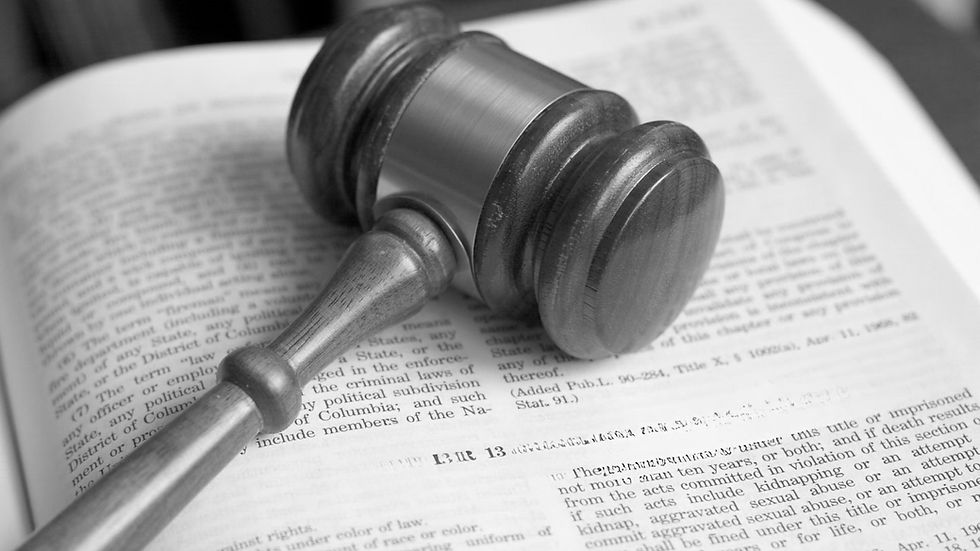Common Causes of Landlord and Tenant Disputes
- DJP Solicitors
- Jan 12, 2022
- 2 min read
Occasionally, disputes between landlords and tenants can arise, often concerned with small domestic disputes, they’re sometimes related to substantial breaches of the tenancy agreement. How you handle these disputes when they arise can ultimately influence their outcome. Most disputes can typically be resolved through communication and negotiation without the need for serious legal intervention. In this post, we look at the four most common causes of landlord and tenant disputes:
Pets
Generally speaking, most leased properties or shorthold tenancy agreements will clearly cite that tenants are not allowed to keep pets. This means if you do own a pet and keep it on the property, you are probably in breach of your contract. Therefore, if you are an owner of a pet, it’s important to make sure the contract clarifies this demand in your favour and any decisions have not been agreed upon in purely a verbal capacity. Leaseholders will typically try to negotiate a decision at this stage, particularly if there are extenuating circumstances for pet ownership, (i.e medical/support reasons), but if tenants prove difficult then it’s likely the threat of eviction will quickly follow.
Bills and Payment
Disputes often occur around utility bills and how they are paid, often referring to payment, but also for tenants who have changed their utility supplier without prior communications. Unpaid utility bills are often the main cause of disputes, as the utility provider begins to seek redress for unpaid services, without a paying tenant. This means the cost of utilities falls on the landlord after the tenancy is finished or eviction occurs, resulting in conflict and disputes.
Rent
Easily the most common cause of disputes between tenants and landlords is down to the payment, (or lack thereof), of rent. Shorthold tenancies typically include an agreed-upon process in the event a tenant is not paying for their outstanding rent to resolve the issue effectively. However, before eviction is considered, communication with your tenant over their payment is the first step you should take as a landlord to avoid unwanted disputes or evictions without genuine consideration for the tenant’s current circumstances. If you have communicated with your tenant and fail to identify reasonable possibilities for late rent payment, you should consider legal advice at this stage.
Property Damage
Though landlords are expected to allow for reasonable wear and tear, tenants are expected to look after their property with care and attention and avoid severe damage at all costs. Most of these disputes come down to small issues, such as the need to hang mirrors, frames on walls or installing shelves without already agreed-upon permission. As a tenant, it’s important to make a thorough inventory of what’s in the property, as well as the condition it’s in, to avoid unsubstantiated property damage claims in the future.
Want to resolve a tenant or landlord dispute? Look no further than Aberdeen’s DJP Solicitors. Whether you’ve experienced a breach of contract, have been served an eviction notice, would like to evict a tenant, or need legal advice on the process, DJP Solicitors are pleased to help. With our wealth of experience, we offer expert legal advice from beginning to end, prioritising clarity and thoroughness. Contact us today.




Comments